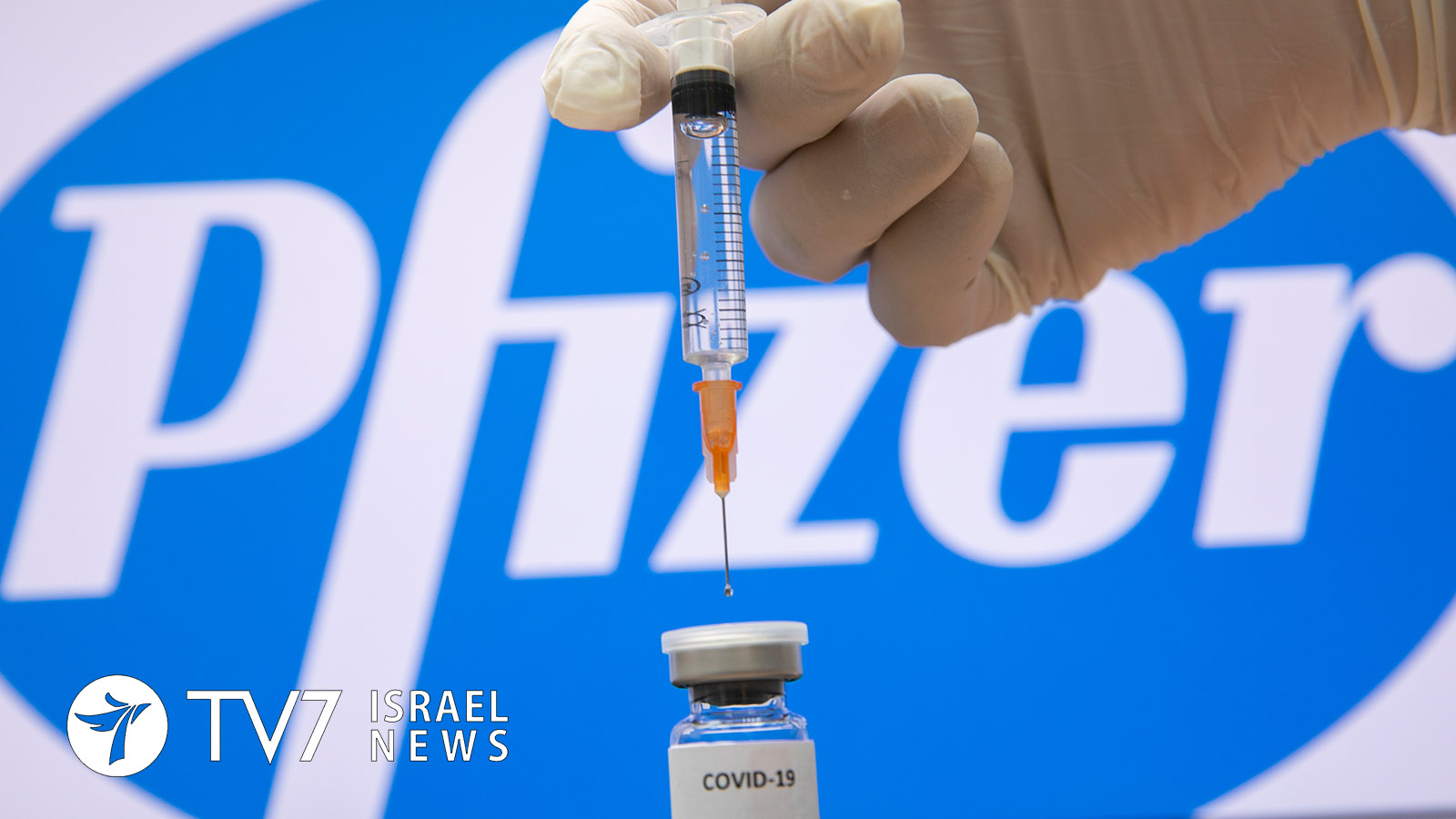The United States Food and Drug Administration (FDA) is widely expected to authorize emergency use of Pfizer’s coronavirus vaccine in days.
The development comes following the overwhelming endorsement of the vaccine by a committee of outside advisers to the FDA, which is a federal agency of the U.S. Department of Health and Human Services. The organization is responsible for approval of all food and medical-related products for human and animal consumption.
After finding that the known benefits outweighed the risks of inoculating individuals 16 and older, the advisory panel recommended use of the vaccine in a vote of 17 in favor, 4 against and one abstention.
“This is a historic moment,” proclaimed Eric Dickson, the Chief Executive of UMass Memorial Health Care (UMMHC), which is the clinical partner of the University of Massachusetts Medical School. Dickson, who was not a member of the advisory committee, described the vaccine from Pfizer and German partner BioNTech “the best solution to get us out of our current situation and help us save lives.”
Pfizer and BioNTech announced last month that a two-dose regimen of the vaccine is 95% effective in preventing illness from COVID-19, and detailed data released in the agency’s documents showed the vaccine began showing some protection even before volunteers received a second dose.
Israeli Prime Minister Benjamin Netanyahu announced that the daily administration of vaccinations of 60,000 people will begin on 27 December 27. The first airlift of doses arrived at the Ben Gurion International Airport outside Tel Aviv on Wednesday.
Following a tour yesterday of the Teva SLE Logistic Center where the vaccines are being stored under special conditions, Prime Minister Netanyahu expressed pride in Israel’s success in lowering morbidity and mortality “to one of the lowest levels in the world, certainly in the Western world,” saying “things are measured by results; Israel’s results are excellent.”
He also declared that there will not be an anticipated nightly curfew during the 8-day celebration of Hanukkah, which began last night. He did, however, call on citizens to avoid mass gatherings during the holiday and continue to observe social-distancing, the wearing of masks and other measures to curb the virus toward maintenance of “low morbidity indicators,” warning that “if this is not possible we will go to tightened restraint – and if that is not possible, we will then go to a general lockdown.”
According to the Coronavirus Cabinet decision: Israel would impose tightened restraints for three weeks if the “basic reproduction number reaches 1.32 or there are 2,500 new cases a day; and enact a third general lockdown if the basic reproduction number has not declined to 1 after that period.
“We are trying to avoid this. With your help and that of the Almighty, we will succeed. In any case, I say, we will succeed. We see the end of the pandemic. In this place you can already see this very well. Thank you all very much; have a Happy Hanukkah,” he said.
Health Minister Yuli Edelstein, who accompanied Netanyahu on the visit, explained that the public will receive “green passports” after being inoculated, and permitted to once again live their lives freely. “Within a few months we will be able to say that the virus is behind us,” Edelstein said.
The vaccinations will not be mandatory, but health authorities are recommending that those who chose to forgo being inoculated be barred from public theaters, cinemas, gyms and sports events. The advisory would require Knesset approval to become law.
